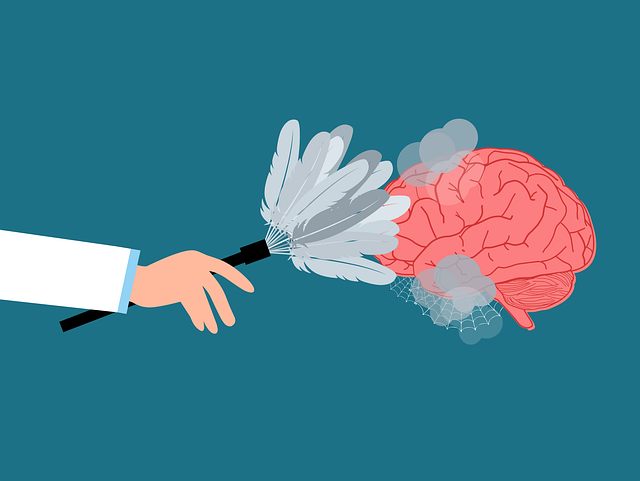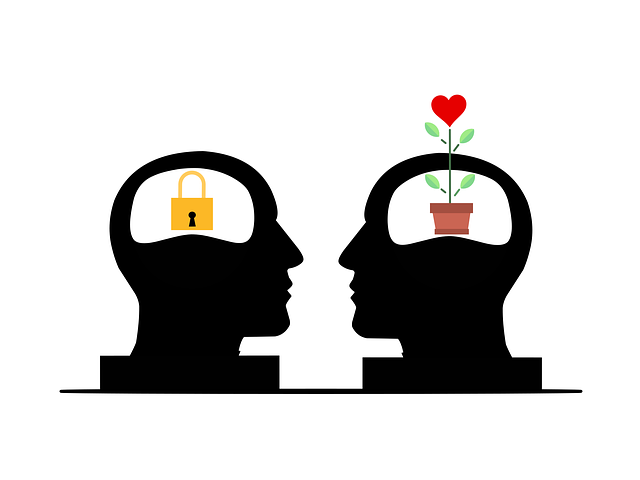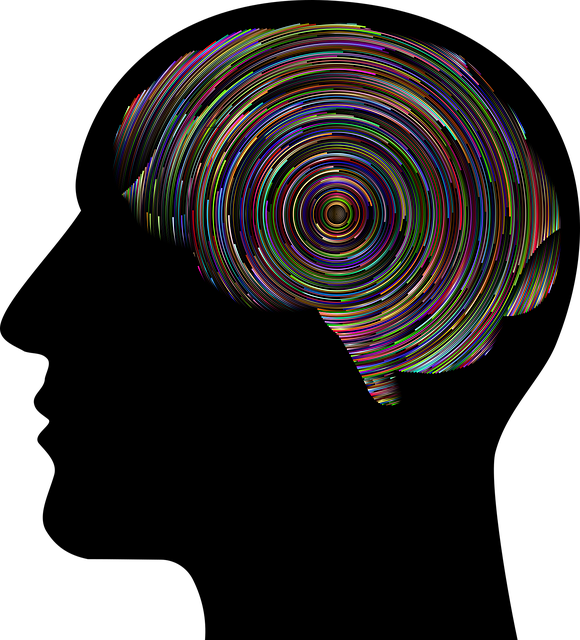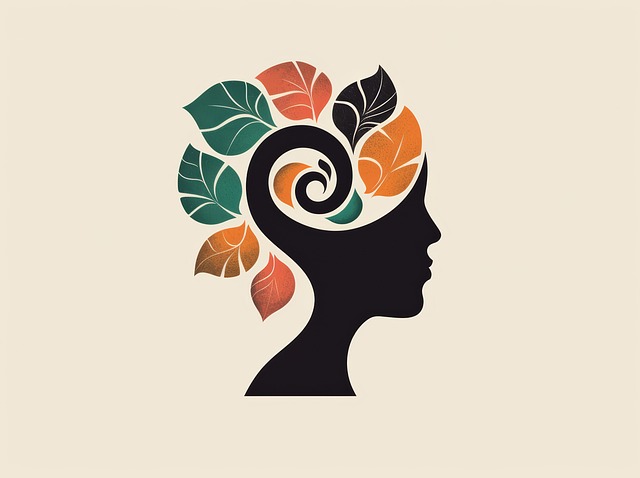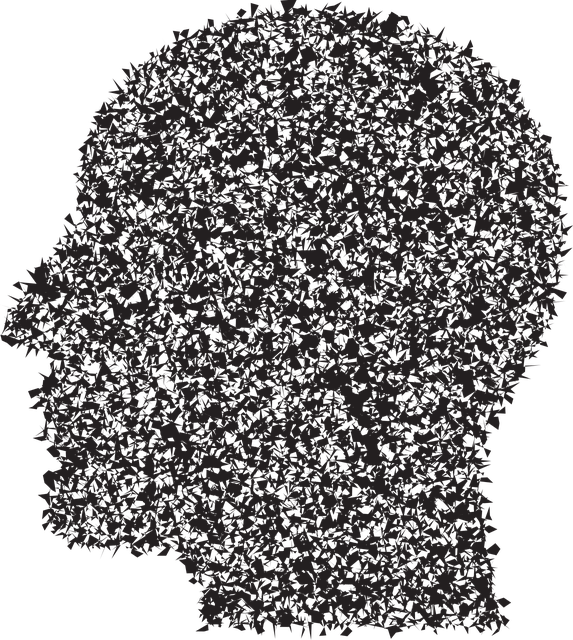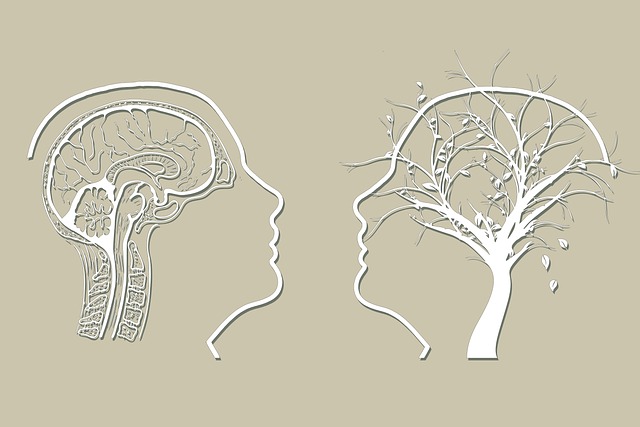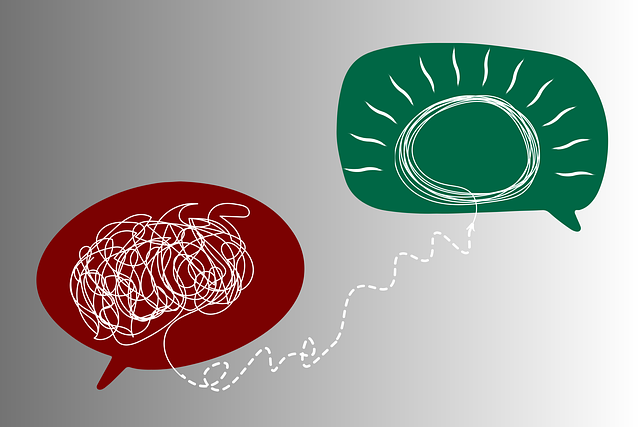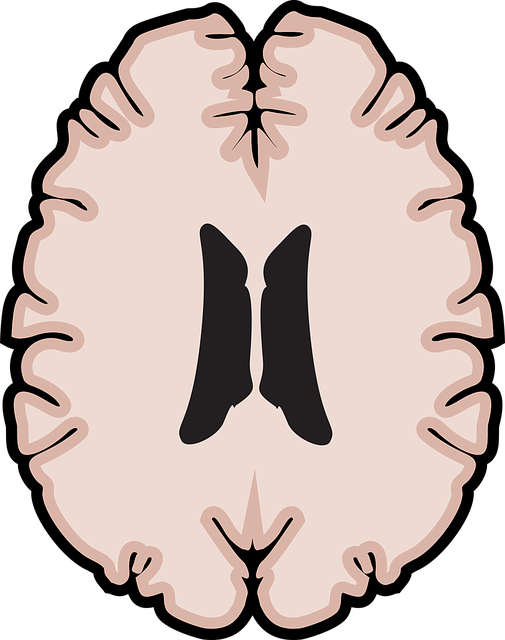Mental healthcare for children from diverse backgrounds requires cultural sensitivity to effectively address issues like postpartum depression (PPD). Therapists must tailor interventions to each child's unique cultural, family, and community factors. Integrating Mind Over Matter principles and Compassion Cultivation Practices creates safe spaces fostering understanding and empowerment. This approach respects cultural differences in symptom expression and help-seeking behaviors, promoting holistic support for resilience, especially within marginalized communities.
Cultural sensitivity is paramount in modern mental healthcare, especially when addressing issues like postpartum depression and providing therapy for young children from diverse backgrounds. This article explores these crucial aspects, beginning with an understanding of cultural diversity in pediatric mental health. We delve into the global impact of postpartum depression, highlighting cultural nuances that influence its presentation and treatment. Additionally, we offer sensitive approaches tailored to young children from various cultural contexts, focusing on evidence-based strategies that enhance therapeutic outcomes.
- Understanding Cultural Diversity in Mental Healthcare for Children
- The Impact of Postpartum Depression Across Cultures
- Sensitive Approaches to Therapy for Young Children from Diverse Backgrounds
Understanding Cultural Diversity in Mental Healthcare for Children

In the realm of mental healthcare for children, acknowledging and embracing cultural diversity is paramount to delivering effective therapy. Youngsters from diverse ethnic, social, and economic backgrounds may present unique challenges and strengths that influence their mental wellness journey. For instance, a child experiencing postpartum depression in a non-Western culture might exhibit distinct symptoms and expression styles compared to their Western counterparts. This cultural sensitivity requires therapists to be adept at tailoring interventions to align with the child’s background, family dynamics, and community norms.
The integration of Mind Over Matter principles and Compassion Cultivation Practices within mental wellness coaching programs for children can be a game-changer. These strategies, infused with cultural awareness, enable therapists to create safe spaces where young individuals feel understood and empowered. By recognizing the impact of cultural context on mental health, professionals can offer holistic support, fostering not just symptom reduction but also the development of resilient coping mechanisms that resonate with the child’s unique identity and environment.
The Impact of Postpartum Depression Across Cultures

Postpartum depression (PPD) is a complex mental health issue that affects new mothers worldwide, yet its presentation and impact can vary significantly across cultures. While the basic symptoms—such as persistent sadness, anxiety, and exhaustion—remain consistent, cultural factors influence how PPD manifests and how it is perceived within different communities. For instance, in some cultures, expressing emotional vulnerability may be less acceptable, leading to undiagnosed or untreated PPD. The stigma surrounding mental illness can also impact help-seeking behaviors, with mothers from marginalized communities potentially facing additional barriers to accessing therapy for young children affected by PPD.
Understanding these cultural nuances is crucial for healthcare providers as they strive for effective burnout prevention strategies and mental illness stigma reduction efforts. Incorporating self-care practices tailored to diverse populations can enhance the quality of care offered. By sensitizing practitioners to cultural variations in PPD, we can ensure more inclusive and responsive interventions, ultimately improving outcomes for mothers and their children across different communities.
Sensitive Approaches to Therapy for Young Children from Diverse Backgrounds

When providing therapy for young children from diverse backgrounds, cultural sensitivity is paramount to creating a safe and supportive environment. Mental healthcare professionals must be attuned to the unique experiences and beliefs that shape each child’s emotional landscape. For instance, addressing postpartum depression in culturally diverse families requires an understanding of the varying roles and expectations placed on mothers across different communities. Some cultures may emphasize communal support, while others promote individual resilience.
Integrating emotionally well-being promotion techniques tailored to these differences can be powerful. Self-awareness exercises and mental wellness journaling exercises, guided by a culturally competent therapist, offer tools for children and their families to explore and express their feelings in ways that feel authentic to them. This personalized approach not only enhances the therapeutic process but also fosters resilience and promotes healing while respecting the intricate tapestry of each child’s background.
Cultural sensitivity is paramount in mental healthcare, especially when addressing issues like postpartum depression and providing therapy for young children from diverse backgrounds. By understanding and appreciating cultural diversity, practitioners can offer more effective support tailored to each individual’s unique needs. This holistic approach ensures that everyone receives the highest quality of care, fostering better outcomes and strengthening communities. In the context of therapy for young children, culturally sensitive practices create a safe and inclusive environment, enabling open dialogue and promoting healing.
